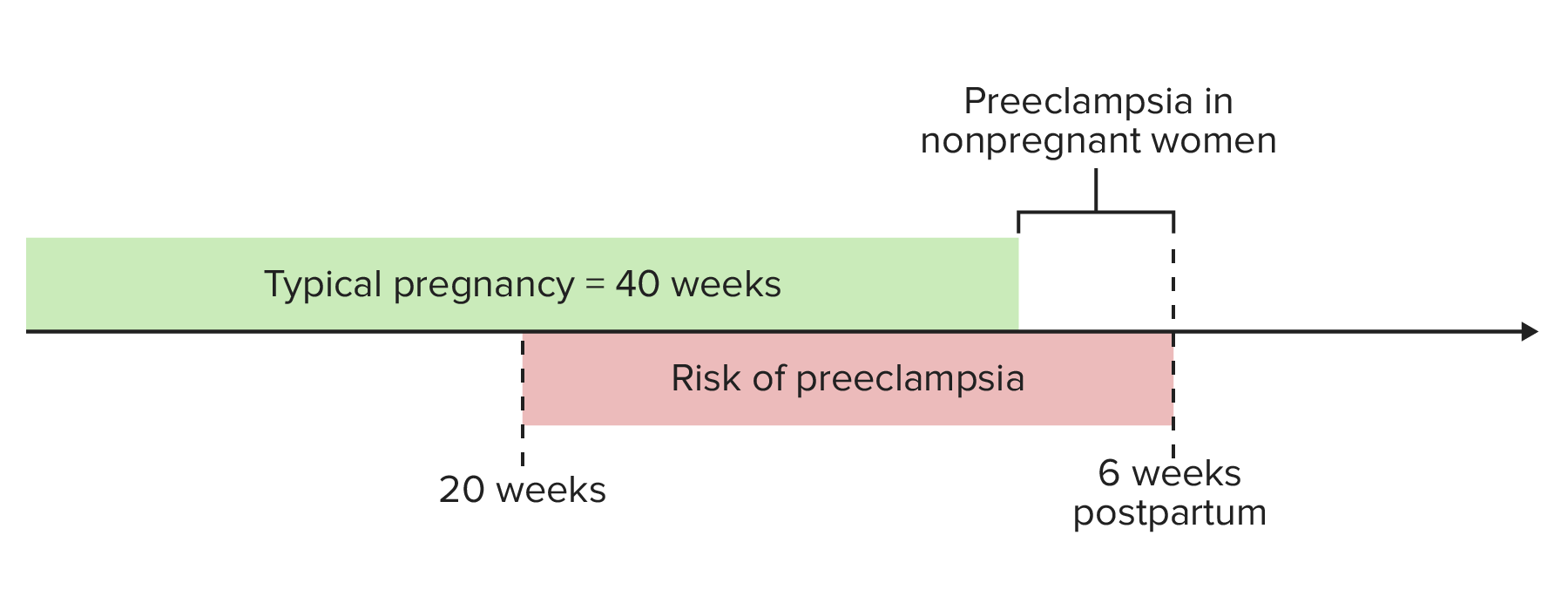Playlist
Show Playlist
Hide Playlist
Special Considerations, Status Epilepticus, and Summary
-
Slides 09 Seizures Neuropathology I.pdf
-
Download Lecture Overview
00:01 Epilepsy and pregnancy. 00:03 All types of adult epilepsy are potentially teratogenic. 00:09 So when we talk about antiepileptic drugs, AED stands for antiepileptic drugs For the most part, think of it as being teratogenic. 00:17 The couple that I’d walk you through for sure included your phenytoin fetal hydantoin syndrome and valproic acid and walked you through a fetal type of hepatotoxicity and also a condition known as trigonocephaly. 00:33 Valproic has specifically been associated with an increased risk of, please don’t forget, there might be neural tube defects including your encephalocele, anencephaly, or your spina bifidas. 00:46 Women with epilepsy not on medication also have a higher incidence of children with birth defects. 00:52 So in general, it’s a problem in pregnancy. 00:55 All women of child-bearing age on antiepileptic drugs should be put on folate, please, to prevent the NTDs, neural tube defects. 01:10 The antiepileptic drug levels can fluctuate widely during pregnancy. 01:15 Especially your phenytoin, but obviously, you want to try to avoid phenytoin at all costs in a pregnant woman. 01:21 Epilepsy may improve during pregnancy, then worsen post partum. 01:25 Interesting enough, pregnancy itself could be – We’ve seen researches have been taking place in terms of why seizures or epilepsy starts minimizing during pregnancy. 01:39 Here’s a condition known as status epilepticus. 01:42 This would mean that in less than five minutes, your patient is going into crazy seizures. 01:47 So assess and stabilize ABCs. 01:49 In other words, airway, breathing, and your circulation. 01:52 It must be, must be managed as being priority. 01:56 You check your ABGs you establish IV access because it's status. 02:02 Benzodiazepines will be the drug of choice for managing status epilepticus. 02:08 Your patient is suffering from these severe seizures for less than five minutes, it’s actually been dropped in terms of how quickly it occurs. 02:17 You could have phenytoin or fosphenytoin if the status continues. 02:21 Prophylactically, P as in phenytoin and prophylaxis for status epilepticus will be the management of choice. 02:31 But the treatment of choice in benzo. 02:33 Is that clear? Please make sure you know that. 02:36 Now, intubation should always be an option for you. 02:42 And induce coma with barbiturates, maybe midazolam, and so when we say induce coma, now, you know what that means. 02:49 In other words, you want to try to – You are actually trying to – You’re so worried that your patient is going to die because of these such severe drastic seizures that apart from intubation, you’re trying to induce “coma” with these sedative drugs such as your benzos or barbiturates and such. 03:11 Propofol and obviously always EEG is bedside monitoring. 03:18 To summarize your seizures: Risk factors: Well, there could be febrile, head, we walked through a long list of possible risk factors. 03:28 Preventative medicine: Helmets So motor cycles, obviously helmets, your job and, as an answer choice, would be lifestyle and to make sure that you promote helmet-wearing. 03:42 Signs and symptoms: Well, it depends on the seizure. 03:45 Differential diagnoses: Always keep in mind these are metabolic. 03:48 Was there electrolyte issues and such? Infection, genetic disorder? Diagnostic workup: Imaging, labs, lumber puncture, if warranted. 03:56 Remember we talked through a few populations of adult and children. 04:00 And the treatment, AED stands for once again antiepileptic drugs. 04:04 We walked through those tables that are golden. 04:07 And please make sure that you pay special attention to those drugs that I have elaborated on extensively. 04:14 Vagal nerve stimulation, perhaps, or ketogenic type of diets.
About the Lecture
The lecture Special Considerations, Status Epilepticus, and Summary by Carlo Raj, MD is from the course Seizures.
Included Quiz Questions
A 25-year-old woman comes to your clinic for a follow-up. She has a history of seizures and has been on sodium valproate for several years. She is planning to get pregnant. If preventive measures are not taken, what side effects could possibly arise from this medication during her pregnancy?
- Encephalocele
- Phocomelia
- Fetal hydantoin syndrome
- Immunosuppression
- Cardiomegaly
A pregnant woman with a history of epilepsy delivers a premature fetus. On examination, a fluid-filled sac is noted on the lower back of the baby. This condition could have been prevented by which of the following treatments?
- Folic acid supplementation
- Vitamin B12 supplementation
- Magnesium supplementation
- Folinic acid supplementation
- Vitamin B2 supplementation
Which of the following statements is NOT TRUE regarding the management of status epilepticus?
- Administration of sodium valproate
- Establishment of airway, breathing, and circulation.
- Treatment with a benzodiazepine
- Propofol used in inducing coma
- Prophylaxis with phenytoin
What is the mechanism of action for the prophylactic drug of choice used in the management of status epilepticus?
- Sodium channel blocker
- T-type calcium channel blocker
- GABA receptor agonist
- Sodium channel blocker and GABA receptor agonist
- L-type calcium channel blocker
Customer reviews
5,0 of 5 stars
| 5 Stars |
|
5 |
| 4 Stars |
|
0 |
| 3 Stars |
|
0 |
| 2 Stars |
|
0 |
| 1 Star |
|
0 |




